An Introduction to Upanishads
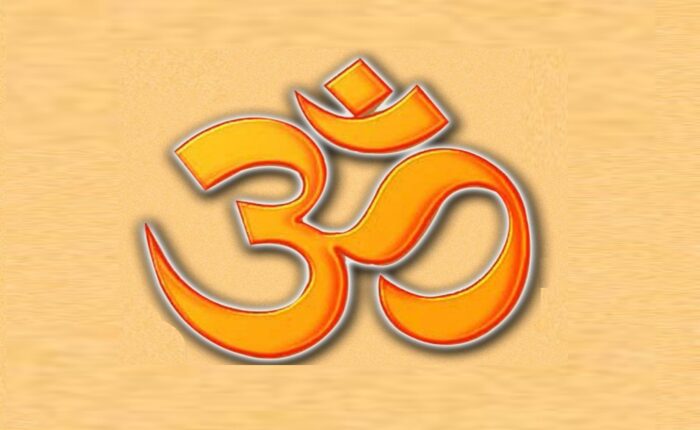
Although Upanishads, Brahma Sutra and Bhagavat Gita constitute Prasthan Traya (three foundations) of Vedanta, the main role is played by Upanishads. Both Brahma Sutra and Bhagavat Gita reflect the philosophy …
Read MoreBhagavat Gita and Vedanta
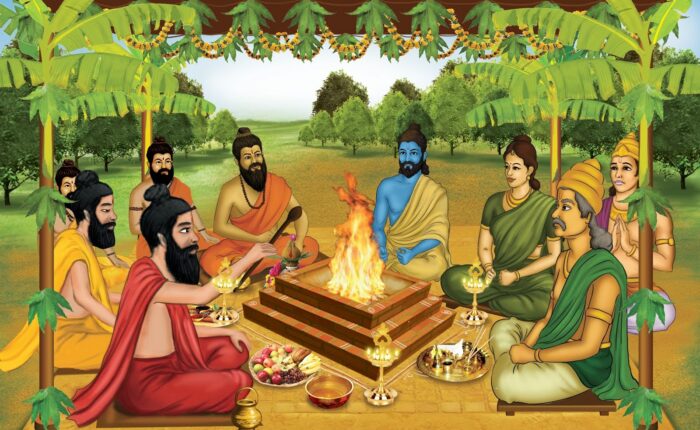
The Vedas have been compiled into four parts: Rig Veda, Yajur Veda, Sam Veda and Atharva Veda. The Rig Veda has been declared a world heritage by UNESCO.
Each Veda has …
Read MoreVishwarup (Universal Form) in The Bhagavat Gita
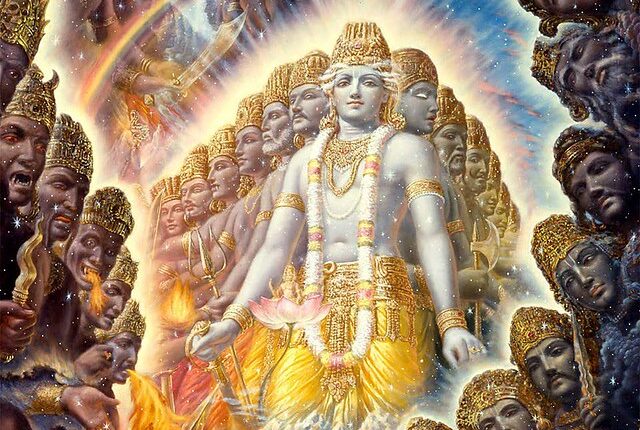
Chapter eleven of the Bhagavat Gita describes the Universal form of Sri Krishna on the battlefield of Kurukshetra. The Almighty manifested himself in his Vishwarup twice as narrated in Mahabharat.
The …
Read MoreSankhya and Yoga in Bhagavat Gita
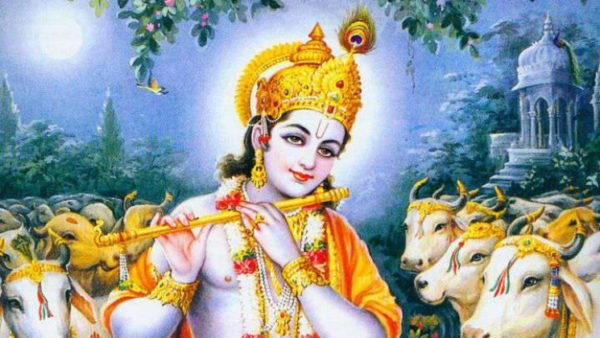
In the discourse between Sri Krishna and Arjuna, we find references to Sankhya and Yoga. These may be taken as philosophical teachings of Gita in the fields of spirituality. To …
Read MoreDhyan Yoga and Mind Control in Bhagavat Gita

Meditation and Pranayama have become very important in modern times. The same was provided as Knowledge by Sri Krishna about 2000 years ago. Yoga has acquired a somewhat different connotation …
Read MoreGyan Yoga in Bhagavat Gita
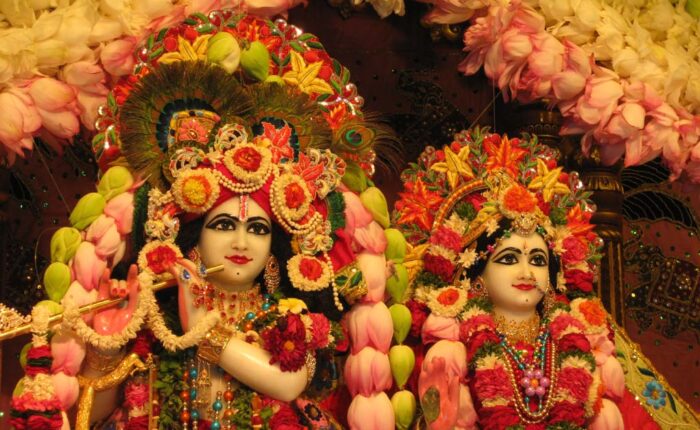
Most, including the recalcitrant, agreed that Hinduism possesses the world’s largest volume of religious literature. Among this large volume, the Bhagavat Gita is considered the supreme composition that changed Hinduism …
Read MoreBhakti Yoga in Bhagwat Gita
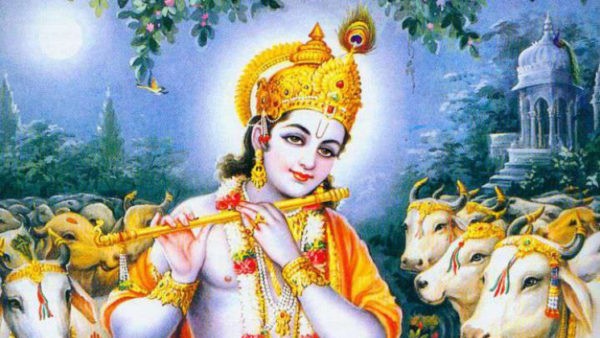
The concept of personal Bhakti (devotion, love, worship, surrender) did not exist in Vedic religion because the concept of personal God had not materialized. There were a large number of …
Read MoreKarma Yoga in Bhagwat Gita
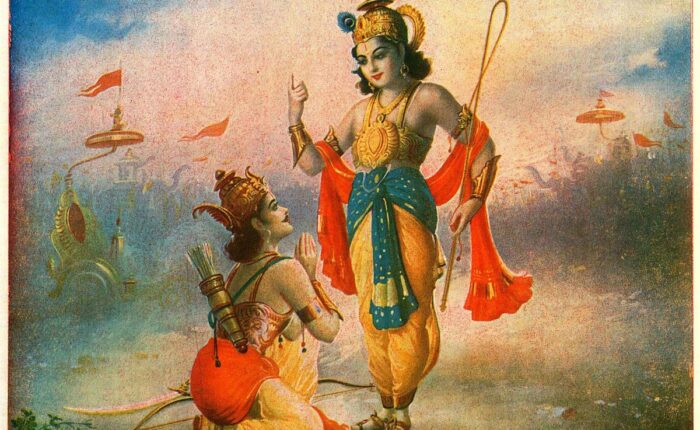
The sacred book Bhagavad Gita is a part of Mahabharat. It contains a collection of teachings of Sri Krishna on the battleground of Kurukshetra when he saw the renunciant type …
Read MoreChallenges Faced by Hinduism During Muslim and British Periods

The second major challenge to Hinduism was posed by Muslim invasions which began with the seventeen times loot and plunder of temples by Mahmud of Ghazni (998 CE to 1030 …
Read More